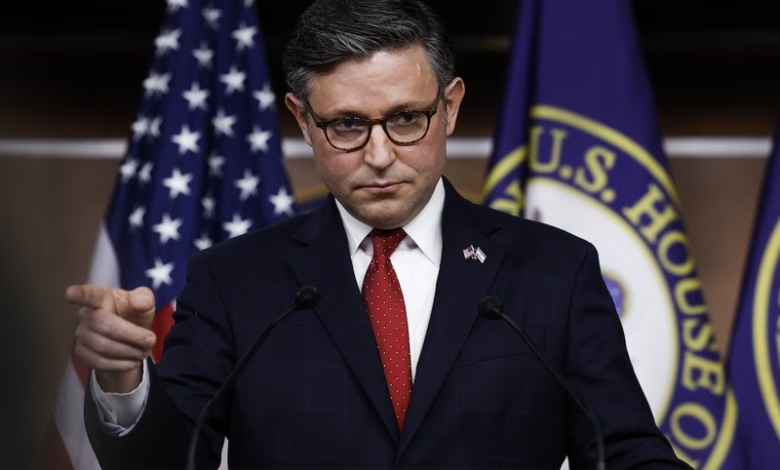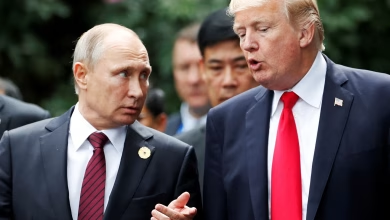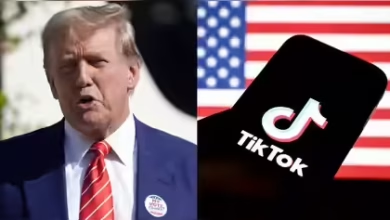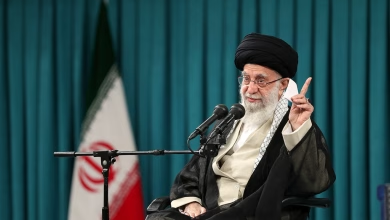US Congress Prevents Government Shutdown with Spending Bill

- Schumer highlights the need for bipartisan support.
- Finalizing a spending bill in December may be difficult.
- Election results could extend negotiations into early next year.
- Funding shortfalls did not cause recent security lapses.
Congressional leaders announced an agreement on Sunday for a short-term spending bill that will fund federal agencies for approximately three months, effectively avoiding a partial government shutdown when the new budget year begins on October 1. This agreement pushes final budget decisions until after the November election.
Typically, temporary spending bills maintain current funding levels for agencies, but this one includes an additional $231 million to strengthen the Secret Service in light of recent assassination attempts against Republican presidential nominee Donald Trump. Additional funds were allocated to assist with the presidential transition, among other expenses.
Negotiations to reach this point have been challenging, particularly as the current budget year draws to a close at the end of the month. Initially, House Speaker Mike Johnson (R-La.) linked temporary funding to a requirement for states to mandate proof of citizenship for voter registration. However, he ultimately abandoned that approach to facilitate an agreement, even as Trump insisted that any stop-gap measure should include the voting requirement.
Following this shift, bipartisan negotiations intensified, leading to a plan to extend funding until mid-December. This timeline allows Congress to create a full-year spending bill after the November 5 election, rather than deferring that responsibility to the next Congress and president.
In a letter to his Republican colleagues, Johnson described the budget measure as “very narrow, bare-bones,” and indicated it would include only essential extensions. He acknowledged that while this approach may not be ideal, it represents the most prudent path forward under current circumstances. “Shutting the government down less than 40 days from a fateful election would be an act of political malpractice,” he wrote.
House Democratic Leader Hakeem Jeffries stated that Democrats would thoroughly evaluate the bill before the upcoming vote, but he expressed optimism that Congress was now on a bipartisan path to avoid a shutdown that would negatively impact everyday Americans.
Rep. Tom Cole, chairman of the House Appropriations Committee, reported that discussions were progressing smoothly. He noted, “Most people don’t want a government shutdown and they don’t want that to interfere with the election.”
Johnson’s initial proposal faced opposition from the Democratic-controlled Senate and the White House but was intended to demonstrate his commitment to Trump and conservative members of his conference. The resulting agreement allows government funding to continue without disruption, a scenario many lawmakers had anticipated given the approaching election.
Senate Majority Leader Chuck Schumer criticized the process, suggesting that the same agreement could have been reached earlier but blaming Johnson for “choosing to follow the MAGA way” and wasting valuable time.
“As I have said throughout this process, there is only one way to get things done: with bipartisan, bicameral support,” Senate Majority Leader Chuck Schumer stated.
A bipartisan majority is now anticipated to advance the short-term spending measure this week. However, this agreement does not guarantee that crafting a final spending bill in December will be straightforward. The results of the upcoming election could significantly impact political dynamics, especially if one party performs notably better than the other, potentially dragging budget negotiations into early next year.
The funding allocated for the Secret Service comes with specific conditions. Lawmakers have made this funding contingent on the Department of Homeland Security providing certain information to a House task force and a Senate committee investigating the assassination attempts against Trump.
In a recent letter, the Secret Service informed lawmakers that a funding shortfall was not responsible for security lapses during an incident on July 13, when a gunman accessed an unsecured roof during a rally in Butler, Pennsylvania, and opened fire. However, acting Secret Service Director Ronald Rowe Jr. indicated this week that the agency has “immediate needs” and is in discussions with Congress regarding those requirements.






